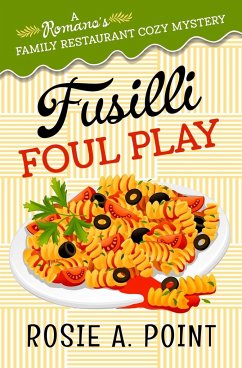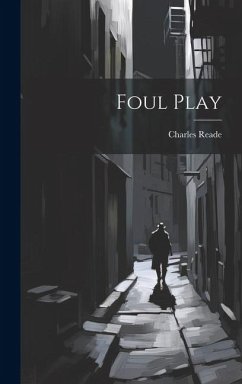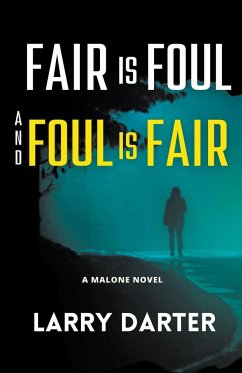
Foul Play Suspected

PAYBACK Punkte
8 °P sammeln!
A rediscovered, outstandingly prescient crime novel written in the lead-up to World War II, by one of the twentieth century’s most brilliant—and neglected—science fiction and horror writers, whom Stephen King called “the best writer of science fiction that England has ever produced.” “Genuinely creepy . . . Wyndham really was a terrific storyteller.”—Jo Walton England, 1935: Phyllida Shiffer’s marriage has just ended in divorce. She heads home, expecting to be welcomed with open arms by her father, a brilliant (if slightly distracted) scientist. But her father’s house is lo...
A rediscovered, outstandingly prescient crime novel written in the lead-up to World War II, by one of the twentieth century’s most brilliant—and neglected—science fiction and horror writers, whom Stephen King called “the best writer of science fiction that England has ever produced.” “Genuinely creepy . . . Wyndham really was a terrific storyteller.”—Jo Walton England, 1935: Phyllida Shiffer’s marriage has just ended in divorce. She heads home, expecting to be welcomed with open arms by her father, a brilliant (if slightly distracted) scientist. But her father’s house is locked up; he is nowhere to be found; and there are suspicious men who seem to think that Phyllida herself might hold the key to her father’s latest scientific discovery. . . .













